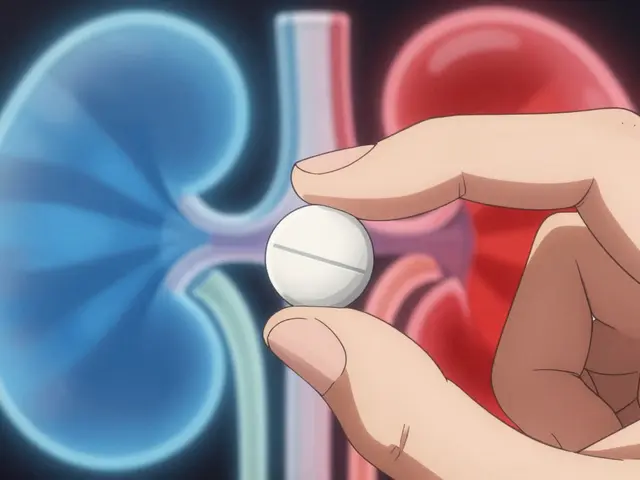Allergic Eye Reaction: Quick Relief & Simple Prevention
If your eyes feel itchy, watery, and red for no obvious reason, you’re probably dealing with an allergic eye reaction. It’s a common problem that shows up when pollen, pet dander, dust, or even certain cosmetics irritate the delicate tissue around your eyes. The good news? Most cases are easy to recognize and can be calmed with a few practical steps.
Common Signs and Triggers
The first clue is the itch. Unlike a regular eye irritation that might feel gritty, an allergy makes you want to rub your eyes constantly. You’ll also notice a watery discharge that looks clear rather than thick or yellow. Redness spreads from the inner corners outward, and sometimes you get a slight swelling of the eyelids.
Triggers vary by season and lifestyle. Spring brings pollen from trees and grass, while summer adds grass and weed pollen. Indoor culprits include dust mites, mold spores, and pet hair. Even certain eye drops, contact lens solutions, or scented cosmetics can cause a reaction. Keep a short diary of when symptoms appear – it helps pinpoint the exact allergen.
How to Manage and Treat
Start with the basics: wash your hands, avoid rubbing, and rinse your eyes with cool, sterile saline. A gentle rinse washes away pollen and reduces the itch. Over‑the‑counter antihistamine eye drops, such as ketotifen, work fast by blocking histamine, the chemical that drives redness and itch.
If drops don’t bring enough relief, oral antihistamines like cetirizine or loratadine can cut down the overall allergic response. For stubborn swelling, a short course of a mild steroid eye drop prescribed by a doctor may be necessary, but don’t use steroids long‑term without supervision.
Allergy-proof your environment. Use air filters during high pollen days, wash bedding in hot water weekly, and keep pets out of the bedroom. When you’re outdoors, wear wrap‑around sunglasses to keep pollen off your lashes, and change clothes and shower after coming inside.
When to see a professional? If your eyes stay red for more than a week, you notice vision changes, or you develop thick yellow discharge, it could be an infection rather than an allergy. A doctor can rule out conjunctivitis, prescribe stronger medication, or test for specific allergens.
In short, an allergic eye reaction is usually easy to spot and treat. Identify the trigger, use cool rinses and antihistamine drops, and keep your living space clean. If symptoms linger or worsen, get a quick check‑up to avoid complications. With these steps you’ll keep your eyes comfortable year‑round.

How to Reduce Eye Swelling from Insect Bites and Stings
Learn fast, safe ways to ease eye swelling after an insect bite or sting. Cover causes, home treatments, warning signs, and prevention tips in under 5 minutes.




